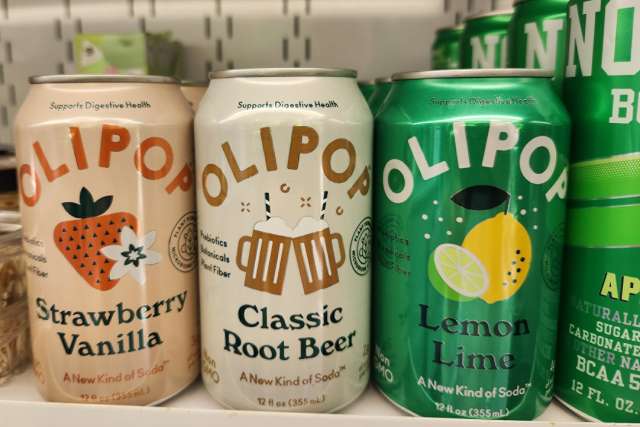When we consider the many factors that influence our fitness and physical performance, we often think of diet and exercise. But there’s a hidden player that also has a significant impact: the gut microbiota.
The gut microbiota includes “all the different types of organisms in the gut,” said Michael C. Garcia, MD, a UCLA Health nutrition specialist. These organisms include bacteria, viruses, fungi and other single-celled organisms.
“Because the microbiota is exposed to so much, it plays an essential role in gut-brain communication, gathering and sending information. It is a dynamic entity, constantly adjusting to our dietary patterns and the information that it gathers,” he said.
Exercise is an environmental element shaping our microbiota
The microbiota’s influence extends beyond processing food. “Once food is digested, what are the byproducts of digestion?” Dr. Garcia asked. Scientists now are investigating these byproducts to understand how they might affect cardiovascular health or exercise capacity.
Exercise, Dr. Garcia said, is an “environmental stressor” that can beneficially alter the balance of the microbiota. Different types of exercise, such as cardio and weight training, have distinct effects on the microbiota, suggesting that a varied workout routine might encourage a healthy and diverse microbial community.
Emerging research has shown that engaging in 30-to-90 minutes of high-intensity exercise three or more times a week for at least eight weeks can change the composition of the gut microbiota. This finding is a testament to the plasticity of our internal microbial ecosystem and its responsiveness to our lifestyle choices. And while exercise universally promotes health, it is important to recognize that its impact on the gut microbiota will vary among individuals.
Diversity is key to a healthy microbiota
“It is good to expose the gut microbiota to a broad diversity of influences,” said Dr. Garcia. These include such things as quality sleep, exercise, eating whole foods and consuming good sources of pro- and prebiotics. But also be mindful of negative influences like smoking and stress, which can negatively affect microbial health.
For more robust gut microbiota, Dr. Garcia emphasizes the importance of pairing consistent exercise with a balanced diet that is rich in fiber, protein and healthy fats. “Good fiber feeds good types of bacteria,” he explains, highlighting the role of fruits and vegetables. This dietary diversity complements exercise by nurturing a healthy microbial environment, which, in turn, can influence our motivation to stay active.
By fostering a diverse and balanced microbiota through a combination of quality diet, varied exercise, and healthy lifestyle choices, we can unlock new levels of physical well-being.




